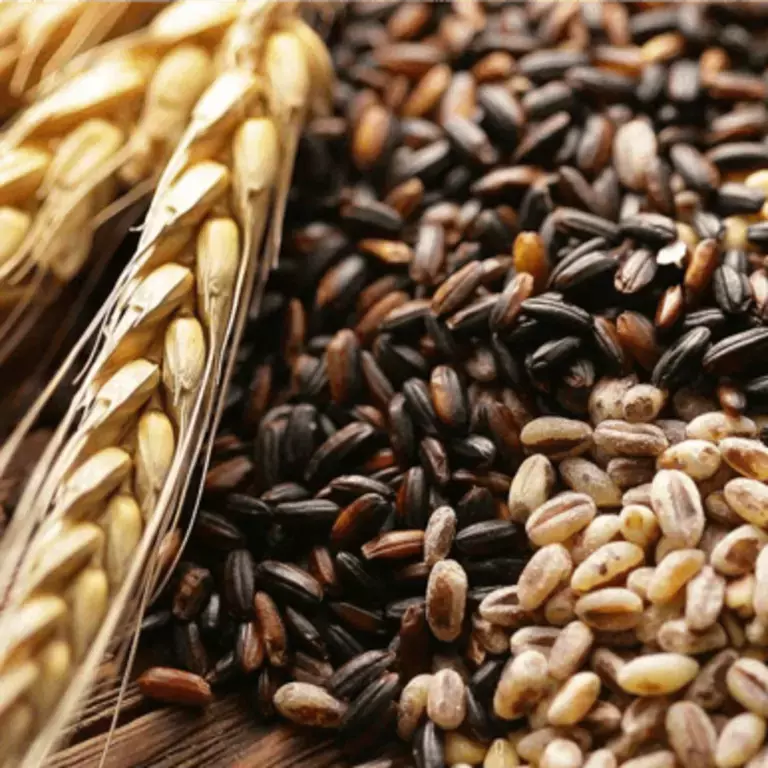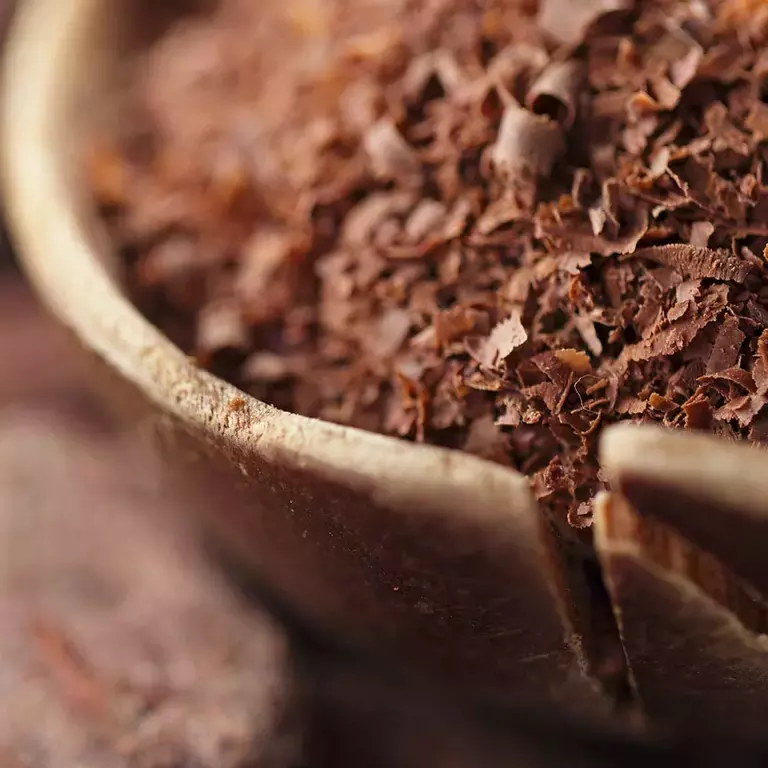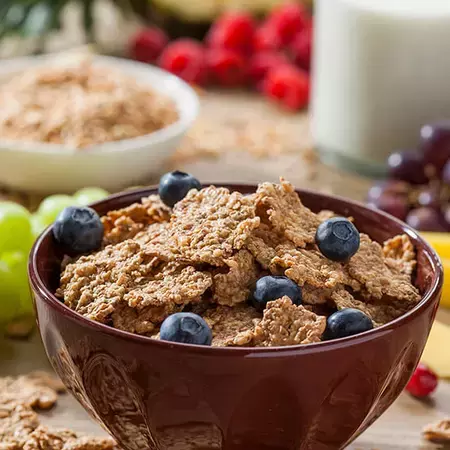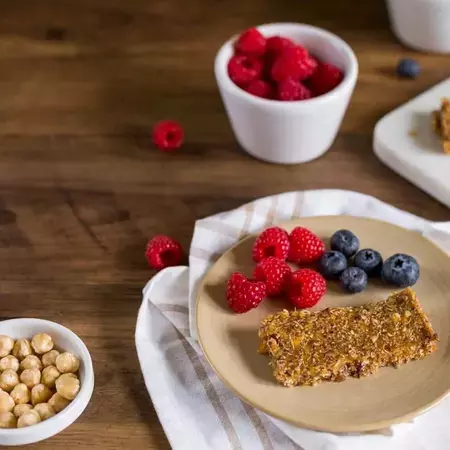You said more whole grain, less sugar. So, we've listened and worked hard to improve, including making whole grain our main ingredient across the Nestlé® Breakfast Cereals Portfolio. Your voice is leading the way to make breakfast better every day and helping us to provide a more nutritious breakfast option.
Working to Make Breakfast Better!

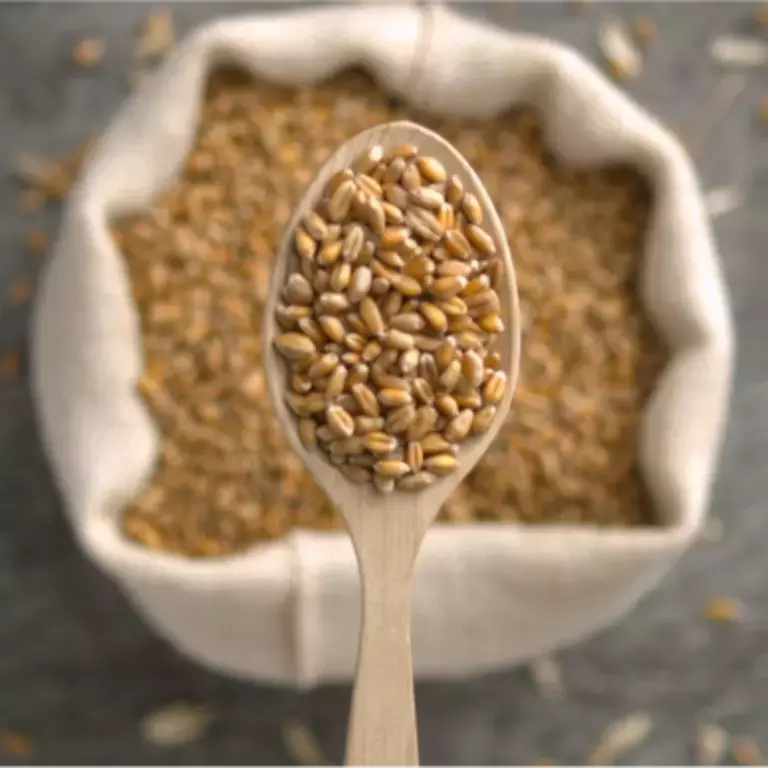
OUR RENOVATION JOURNEY TO MAKE BREAKFAST BETTER
Since 2003, we’ve been gradually reformulating our recipes to increase whole grain, reduce sugar and salt and remove artificial colours and flavours.
WHAT EXACTLY IS WHOLE GRAIN?
Whole grain provides a range of vitamins, minerals, fibre, starch and other nutrients – but research shows we are not getting enough. Get to know the unsung superhero of the nutrition world better.
GET TO KNOW OUR INGREDIENTS!
We know ingredients matter to you, so we make it our business to source and select in the best way possible.
OUR FORTIFIED CEREALS - IT'S ALL ABOUT DEFENCES!
Nutrients play a big part in helping to keep us all healthy. Find out how Nestlé® Breakfast Cereals contain a good mix of vitamins and minerals
